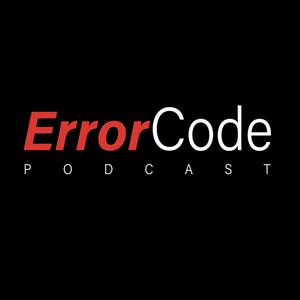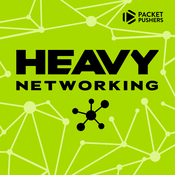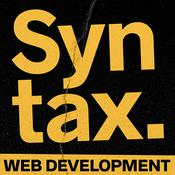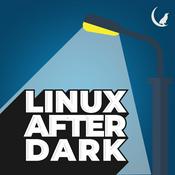79 episodes
- At Black Hat USA 2025, Dan Berte, IoT Director at Bitdefender, discusses the successes and failures of ride-sharing autonomous vehicles in San Francisco, and how these lessons might help design better IoT integrations of cities and AVs in the future.
- Do you really know what’s on your network? A lot of OT devices are white labeled, meaning they have a brand name but under the hood they’re made by someone else. Sean Tufts, Field CTO for Claroty, explains how his team is using AI to sift through all the available data and build a cyber physical library that starts to add specificity to remediation operations, and improve cyber physical security overall
- Diversity in healthcare devices complicates segmentation, security controls, and zero-trust approaches. New certifications aim to help. Bob Lyle, CRO of Medcrypt, identifies how layered defenses, rigorous cybersecurity requirements for new devices, continuous monitoring, and dark-web credential surveillance can reduce risk.
- At Black Hat USA 2025, Dan Berte, IoT Director at Bitdefender, revisits his talk last year about hacking solar panels in light of the blackout in Spain and Portugal. While the Iberian Peninsula blackout wasn’t an attack, it shows how sensitive these systems are when mixing old and new technologies, and how living off the land attacks might someday take advantage of that.
- At Black Hat USA 2025, Noam Moshe from Claroty’s Team 82 revealed several vulnerabilities in Axis Communications’ IP camera systems, including a deserialization flaw that could let attackers run remote code. The team worked with Axis to patch the issues. Moshe says that this case highlights the broader security risks still common in the billions of common IoT devices in the world today.
More Technology podcasts
Trending Technology podcasts
About Error Code
Error Code is a biweekly narrative podcast that provides you both context and conversation with some of the best minds working today toward code resilience and dependability. Work that can lead to autonomous vehicles and smart cities. It’s your window in the research solving tomorrow’s code problems today.
Podcast websiteListen to Error Code, Acquired and many other podcasts from around the world with the radio.net app

Get the free radio.net app
- Stations and podcasts to bookmark
- Stream via Wi-Fi or Bluetooth
- Supports Carplay & Android Auto
- Many other app features
Get the free radio.net app
- Stations and podcasts to bookmark
- Stream via Wi-Fi or Bluetooth
- Supports Carplay & Android Auto
- Many other app features


Error Code
Scan code,
download the app,
start listening.
download the app,
start listening.






































